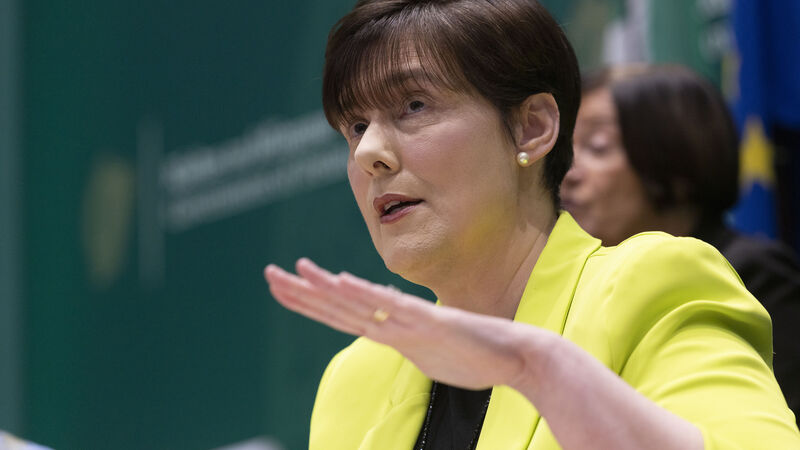Schools welcome rise in funding to reduce burden on parents from 'voluntary' contributions

Education Minister Norma Foley: 'I accept that schools do have autonomy, the phrase itself is "voluntary", but we are asking schools to be mindful of the pressures being placed on parents.' Picture: Sam Boal/Collins Photo
Schools should be mindful of the burden placed on parents when seeking voluntary contributions, according to the Education Minister.
It comes as Norma Foley announced the funding to assist schools with their day-to-day running costs will increase this year.













